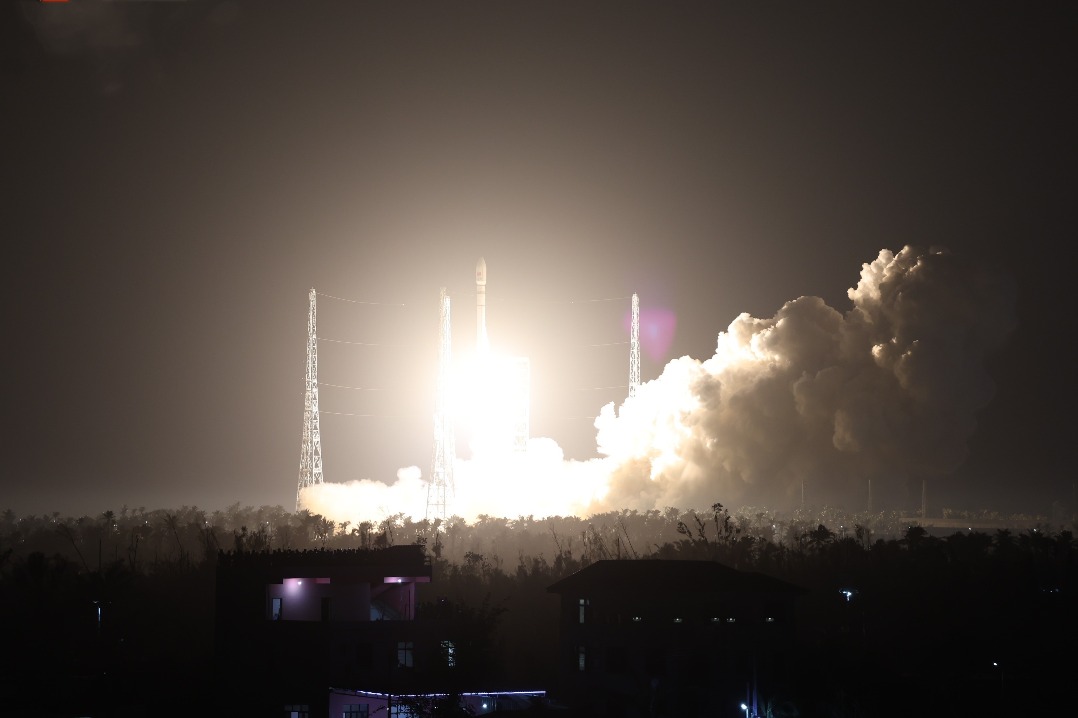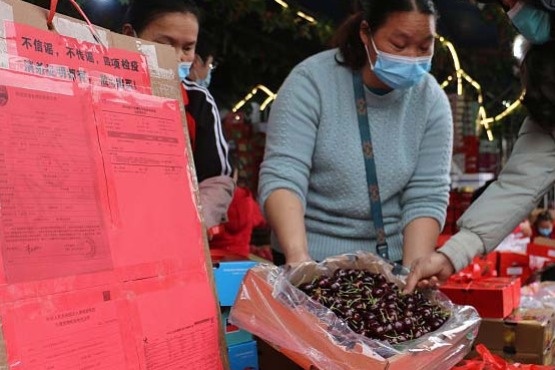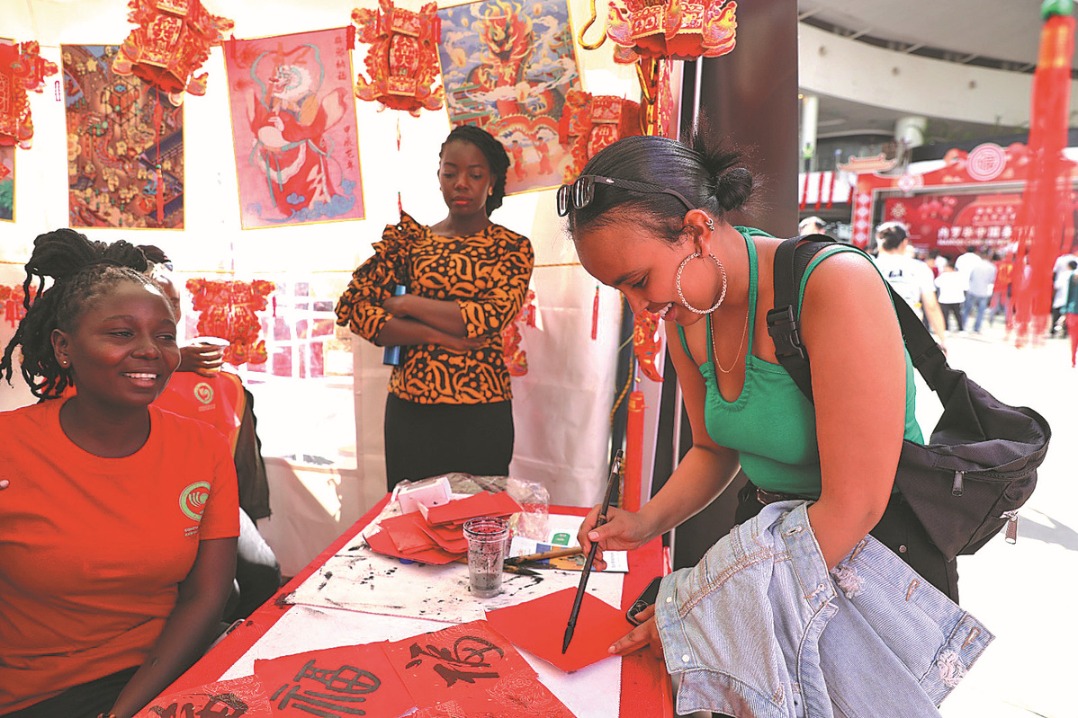US should honor its stated commitment: China Daily editorial

The Chinese Foreign Ministry has once again had to remind the United States that if it wants to maintain peace in the Taiwan Strait, it is crucial for it to recognize the separatist nature of Lai Ching-te and the Democratic Progressive Party authorities and to exercise the "utmost caution" in its relations with them.
The reminder came as a result of Taiwan secessionist-minded leader Lai Ching-te's stopovers in Hawaii and Guam during his ongoing visit to three South Pacific "allies". These might be played down as harmless and insignificant, or played up as a great "diplomatic" breakthrough for the island's new leadership.
Those wanting them to be kept low-key may fear an escalation in tensions between the two sides of the Taiwan Strait; those wanting them to be more in one's face may want exactly that.
While Lai's stopovers on United States territories have already triggered a guessing game over the mainland's possible reaction, there is a general failure by both the down-players and the up-players to appreciate the real consequence of Lai's stopovers in the US territories.
As the Foreign Ministry's cautionary reminder indicates, however they are viewed, the practical outcome of Lai's stopovers is they will accumulate more distrust and subsequently more ill-feeling between Beijing and Lai's Democratic Progressive Party authorities in Taipei and between Beijing and Washington.
People in Washington may be too full of their own importance to listen to what Beijing has to say about China-US relations and its repeated reminders to tread carefully around the Taiwan question, which is China's internal affair.
Throughout their dealings with the previous and present US administrations, Chinese leaders have tried tirelessly to instill a due sense of how sensitive the Taiwan question is. Beijing has time and again stated to Washington that Taiwan sits at the core of core Chinese interests, and that it is the first and foremost red line for the bilateral relationship.
But for all their promises of commitment to the one-China principle, and to not support "Taiwan independence", Washington's policy circles have obviously found Taiwan a handy card to play in pressuring China as a supposedly strategic rival.
That is why they keep selling arms to the island. The latest deal for the sale of $385 million worth of weapons was approved by the US Department of Defense on Saturday. It comes hard on the heels of the announcement last month of a potential?$2 billion arms sale package to Taiwan, including the delivery of an advanced air defense missile system that has been battle tested in Ukraine.
The Biden administration's rhetoric about installing "guardrails" for bilateral ties derived from the bleak assessment that, with the two governments at odds on a broad range of issues, preventing an unwanted conflict may be the sole common ground between Beijing and Washington.
In its recent communication with Washington, Beijing has been underscoring the need for the latter to "establish a correct outlook on China". This is rooted in a keen understanding of the growing danger of the ill feelings toward China if left unchecked among both the general US public and political elites, particularly in the US Congress.
The current Taiwan leader's US stopovers, like those of his predecessor's, are a game of dangerous potential, because they can at once be exploited by Taiwan's independence seekers as a means to hijack such ill feeling to their own ends. The consequence would undoubtedly be disastrous if Washington ends up heedlessly dancing to the pipes-and-drums tune of the separatist forces in Taiwan.
As Beijing repeatedly stresses, Washington should recognize the serious harm that the Taiwan separatists have caused to peace and stability in the Taiwan Strait, honor the commitment it has made to not support "Taiwan independence", stop official exchanges between the US and Taiwan, and stop sending wrong signals to the "Taiwan independence" separatist forces.
Beijing will closely follow the development of the situation and take resolute and forceful measures to defend China's national sovereignty and territorial integrity as appropriate.


































